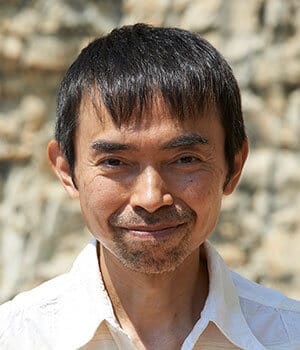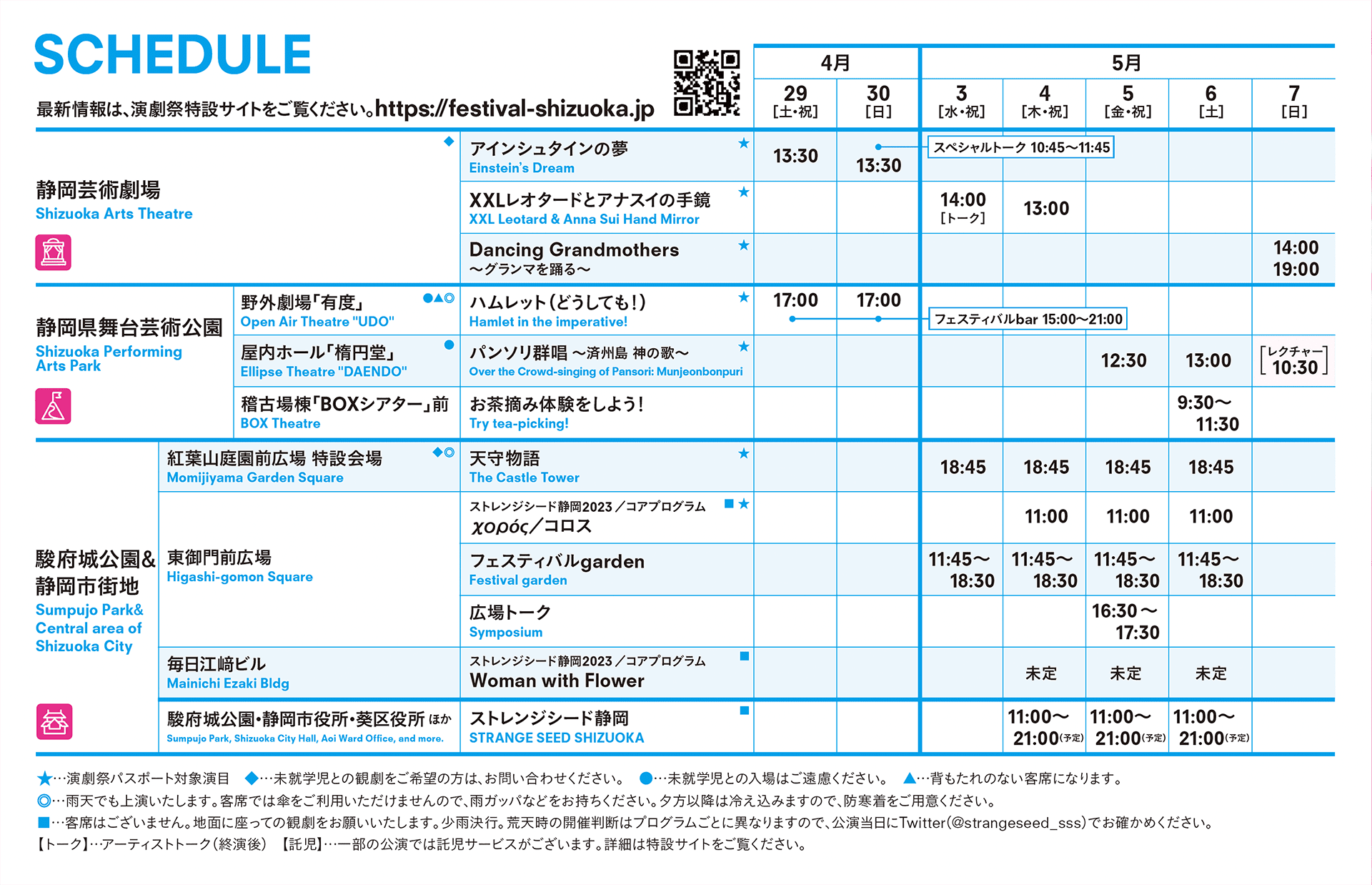Message
We don’t need to blame somebody else!
MIYAGI Satoshi
History shows that societies accommodating diverse values are likely to be healthier for longer. It’s the same as biodiversity being essential to the wellbeing of the Earth. Despite that, why are some people inclined to exclude others in our society who have different values? As I thought about this, I realized that the drive for unified, “exclusive thought” actually stems from a deeply felt lack of self-confidence.
Today, many Japanese have lost their self-esteem as the income per capita in this country has stagnated for 30 years. However, viewed in a global perspective of suffering and hardships in so many places, I wondered what happened to the basic self-confidence of people here. Well, I believe they have got stuck because they can’t resolve the fundamental question: “What do I use my life for?”
From the postwar period of high economic growth through the so-called economic bubble of 1985–90, most Japanese probably had the idea of becoming rich through working — exactly as the government led them to believe. But even now, more than 30 years since that bubble burst, little seems to have changed and the idea of people finding their own purpose in life and choosing their own way of living has still not taken root.
This is probably because “the top” didn’t decide how we should live, so ordinary people just drifted along with those around them.
For Japanese people to regain their self-confidence and self-esteem again, I believe they need to decide by themselves what to use their lives for. So if a person finds someone close to them is having a hard time, but still pressing on, that too can be an encouragement to them.
In today’s society, this is a role that artists should carry out by fostering the basic realization that everyone can decide in their own way how to use their life, and by spreading that idea to help make this country’s civil society more active, diverse — and healthy.
MIYAGI Satoshi (General Artistic Director of SPAC)

MIYAGI Satoshi
Born in Tokyo in 1959, after studying aesthetics at Tokyo University under ODASHIMA Yushi, WATANABE Moriaki and HIDAKA Hachiro, he founded the KU NA’ UKA theatre company in 1990 and soon began staging plays overseas as well as in Japan. As a result, Miyagi’s work — in which he often fuses contemporary textual interpretations with physical techniques and patterns of Asian theatre — has long been acclaimed both at home and far beyond. Indeed, in 2004 he received the 3rd Asahi Performing Arts Award, and the next year the 2nd Asahi Beer Art Award. Since taking up his position with SPAC in April 2007, Miyagi has staged many of his own works — including “Medea”, the Hindu epic “Mahabharata”, and “Peer Gynt” — and has invited artists from abroad to present pieces casting a keen eye on the modern world as they see it. In line with his aim to make theatre “a window to the world,” he has also started a new SPAC-based project aimed at the youth of Shizuoka. In 2014, Miyagi was invited to the Festival d’Avignon, where he received excellent reviews for his open-air version of the Hindu epic “Mahabharata” staged in La Carrière de Bourbon. Following that landmark achievement, the festival extended the honor of inviting Miyagi to present a Buddhist interpretation he created of the ancient Greek mythological tragedy “Antigone” as its super-prestigious opening program for 2017. On that occasion, which was the first time an Asian play had ever been selected to launch the festival, Miyagi’s exalted “stage” was the open-air Cour d’honneur du Palais des papes (the Honor Court of the Palace of Popes). By the play’s end, those towering medieval stone walls were ringing out with long and splendid standing ovations welcoming the work’s director and creator along with SPAC’s actors and staff — while more than 60 European media all gave great reviews. In 2018, he received the 68th Minister of Education, Culture, Sports, Science and Technology’s Art Encouragement Prize of Drama. Also he recieved “Chevalier de l’Ordre des Arts et des Lettres” from the Ministry of Culture of France in 2018.
World Theatre Festival Shizuoka
Shizuoka Performing Arts Center (SPAC) will hold its annual World Theatre Festival Shizuoka 2023 from 29 April to 7 May, coinciding as usual with the national Golden Week holiday. In line with its slogan of “Fujinokuni (The Mt. Fuji region) and the world are connected through the performing arts,” SPAC will introduce a wide range of cutting-edge theatre programs from Japan and abroad at venues in Shizuoka City and the surrounding, wonderfully scenic area. In addition, this festival also features STRANGE SEED, which is to be held from May 4 to 6 May, comprising a wide range of fringe arts events being held around the city in cooperation with Shizuoka City’s major project ON STAGE SHIZUOKA. In a nutshell, SPAC aims to present a joyous and inspiring the festival that remains deeply rooted in its home region of Shizuoka while also connecting to the wider world through theatre.
Shizuoka has been chosen as the Culture City of East Asia 2023, so this year’s longstanding annual World Theatre Festival Shizuoka especially features notable works from China and South Korea. In addition, the acclaimed French director Olivier Py’s remarkable play, “Hamlet in the imperative!”, finally arrives here from the playwright’s homeland. Meanwhile, Shizuoka City’s city-center Sumpujo Park is the open-air venue both for MIYAGI Satoshi’s masterpiece “The Castle Tower”, which have been staged in more than 30 cities worldwide, and also a new work by Worry KINOSHITA, who directed the opening ceremony of the 2020 Tokyo Paralympics. Altogether, World Theatre Festival Shizuoka 2023 will serve up a weeklong feast of cutting-edge programs from around the world, whether your taste is for radical plays and dance, musical story-telling performance in the Pansori style of Korean folk culture — or street theatre and all kinds of stalls selling food and drinks and much besides.
About Culture City of East Asia
The Culture City of East Asia project is based on an agreement reached in 2022 at the 13th Japan-China-ROK Culture Ministers’ Meeting to select cities from each of those countries to further the growth of arts and culture and carry out cultural exchange events in the region.
As a result, in 2023 Shizuoka Prefecture was chosen to be a Culture City of East Asia along with Chengdu and Meizhou in China and Jeonju in South Korea. So now, as an internationally designated cultural capital, Shizuoka is set to hold a wide range of events across the prefecture during 2023 — events that will promote the charms of Shizuoka and Japanese culture to the East Asia region and the world.
https://culturecity-shizuoka.jp/
What is SPAC? Shizuoka Performing Arts Center
SPAC was founded in 1995 by the Shizuoka prefectural government and commenced its full-fledged activities in 1997 under the direction of SUZUKI Tadashi, its first General Artistic Director. As a pioneer of publicly funded performing-arts organizations in Japan, SPAC retains its own staff of actors, technical and production staff, who are based at its own venues and facilities. The mission of SPAC is not only to create original pieces, but also to invite progressive artistic companies and creators to Shizuoka and to develop human resources seeking expression through the performing arts. Since April 2007, when he was appointed as the General Artistic Director, MIYAGI Satoshi has led SPAC in a buoyant new phase of development and expansion.
Contact
SPAC – Shizuoka Performing Arts Center
2-3-1 Higashishizuoka, Suruga-ku Shizuoka City, Shizuoka 422-8019
Tel: +81-54-203-5730 Fax: +81-54-203-5732
E-mail:mail@spac.or.jp
[World Theatre Festival Shizuoka 2023]
Organized by Shizuoka Performing Arts Center (SPAC), Japan Arts Council Agency for Cultural Affairs, Government of Japan
Approved by Fujinokuni Arts Festival
[Mt.Fuji World Theatre Festival Shizuoka 2023]
Organized by the Committee of the Open-air Performing Arts Festival Shizuoka 2023

